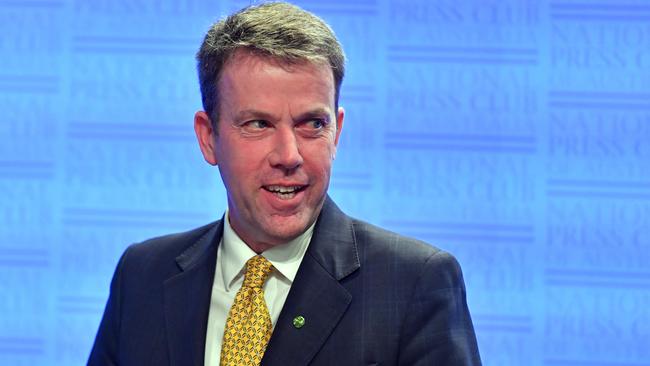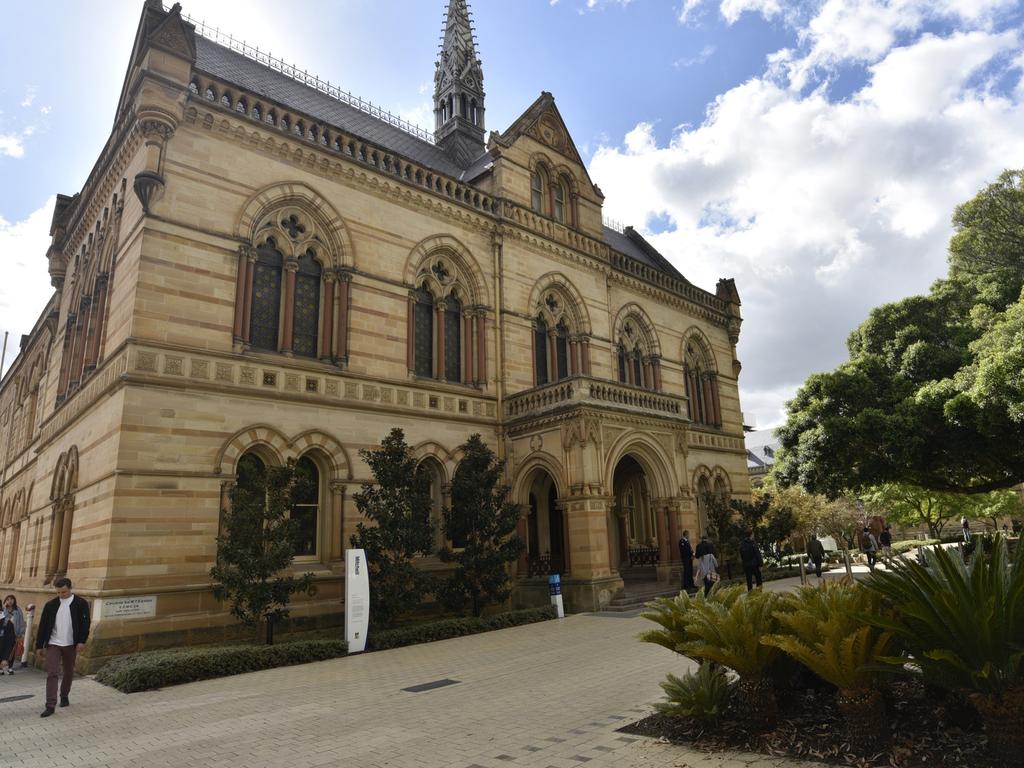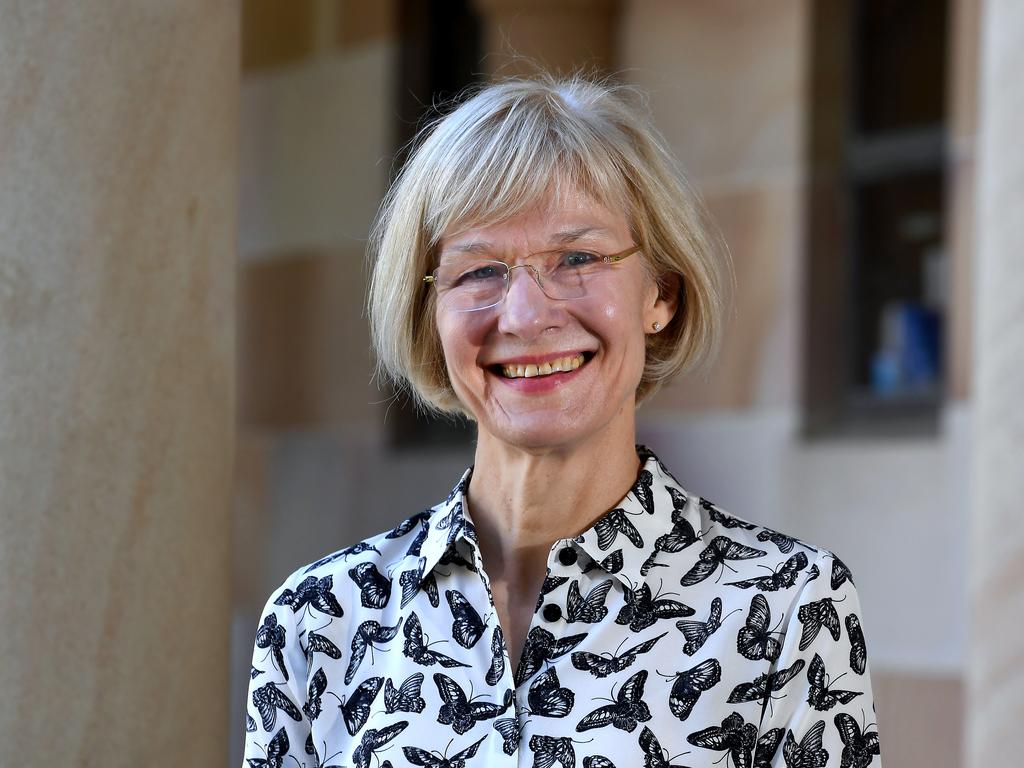Universities scramble to see if their students will be hit by push to take funding off failing cohort
Students have derided Dan Tehan’s plan to strip government funding from people who fail more than 50 per cent of their first year courses.

Students have derided Education Minister Dan Tehan’s plan to strip government funding from people who fail more than 50 per cent of their first year courses as an attempt to “boost academic success through fear”.
Universities were on Thursday scrambling to see if their students would be punished by the funding shake-up which Mr Tehan hopes will save taxpayers $21m a year.
Mr Tehan is aiming to reduce ballooning student HECS debts and force universities to better guide struggling students as part of his radical overhaul of student fees.
Under the changes, students would face losing their HECS-HELP-funded support if they failed six out of eight consecutive units from January 2022 unless they can prove to the university that their poor performance was due to special circumstances.
National Union of Students president Molly Willmott said young students often struggled in their first year for a myriad of reasons and said the added pressure could even lead to cheating.
“Young people are often told to suck it up. Universities struggle to understand mental health issues or how a student can been kicked out of a share house because they’re not on the rental agreement,” she said.
“It’s trying to boost academic success through fear. This is the same government that wants to clamp down on academic integrity. This policy could lead to people buying essays online to make sure they don’t fail the unit.”
Zoe Ranganathan, 20, a political science student at ANU, said she was worried the changes would drive out students with disabilities.
“I came into my first year with an auditory disability and mental health issues and I really struggled, even though I’d done well in high school. I’m not sure how I would have coped with this HECS change too,” she said. “I’m in my third year but this could affect me and many others in a couple of years. I’m scared it will tell people who struggle that they just don’t belong at university.”
The government wants to stop students taking on more units than they can handle, but Universities Australia chief executive Catriona Jackson warned the government its reforms needed “common sense”.
“Universities already have a range of measures in place to ensure satisfactory academic progress,” she said.
“Sometimes students will take on some extra preparatory study and/or change to an entirely different area of study. It is important that these commonsense choices are supported by commonwealth rules.
“We continue to discuss the detail with the government, with fairness the primary consideration.”
Nearly 3 million Australians have outstanding HECS debts to the commonwealth, totalling more than $66bn. Government sources say $21m a year is spent on students who are unlikely to ever finish their degree.
Mr Tehan said the reforms would ensure universities were held accountable.
“We have found cases where students with the highest levels of debt have been continuously enrolled at multiple providers at the same time,” he said.








To join the conversation, please log in. Don't have an account? Register
Join the conversation, you are commenting as Logout